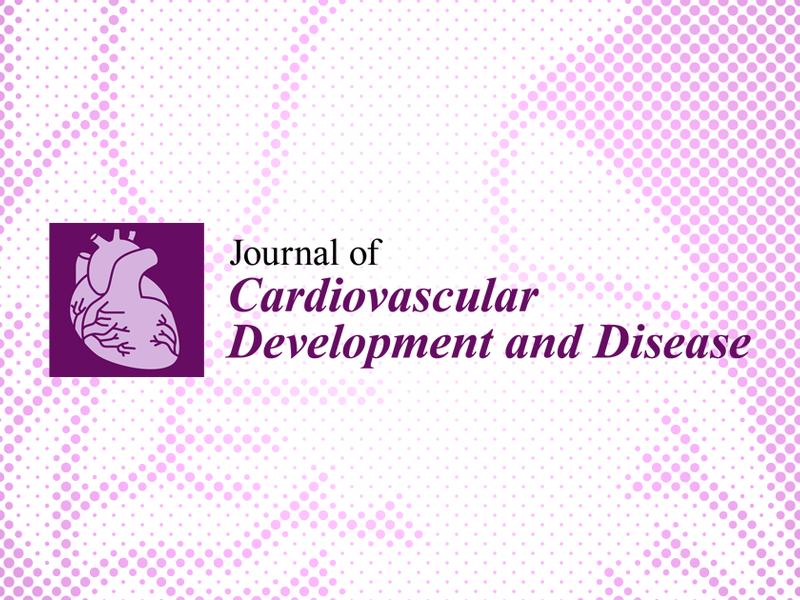Machine Learning (ML) and Deep Learning have the potential to revolutionize many aspects of medicine by introducing Artificial Intelligence (AI) into human clinical decision making. Recent advances in GPU acceleration technology have allowed for the deep learning of medical big data with improved feasibility and cost efficiency. AI has been used in the triage and diagnosis of coronary artery disease, acute pulmonary embolism, and other cardiovascular diseases, as well as the prediction of adverse events and side effects after treatment. ML algorithms and the deep learning of unstructured data streams have been used in the prediction of operative mortality and other adverse outcomes after cardiac surgery. This Special Issue aims to explore advances in ML techniques and AI applications in cardiovascular medicine.

